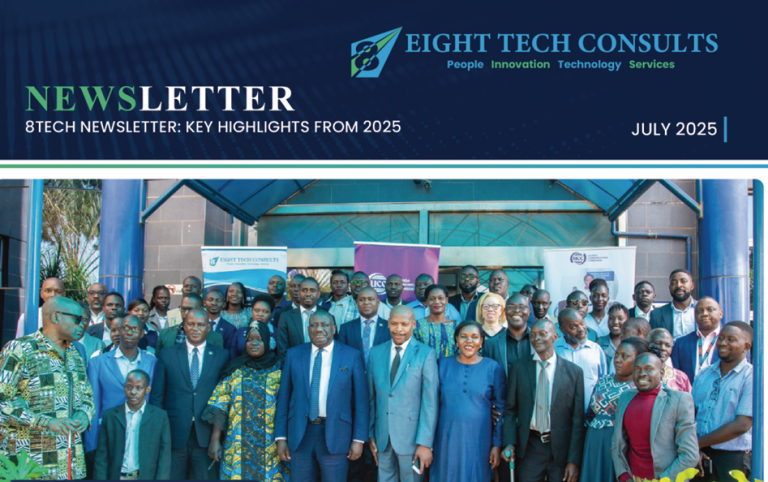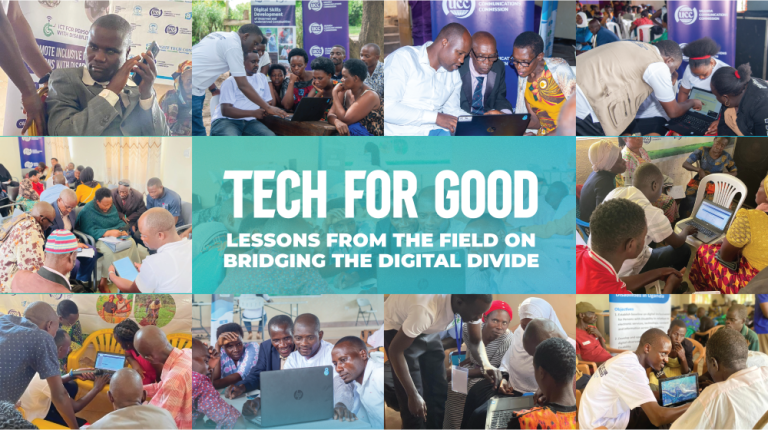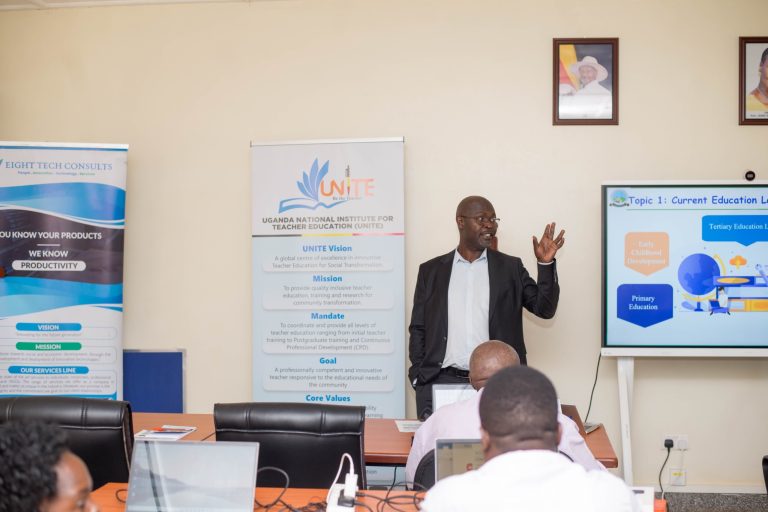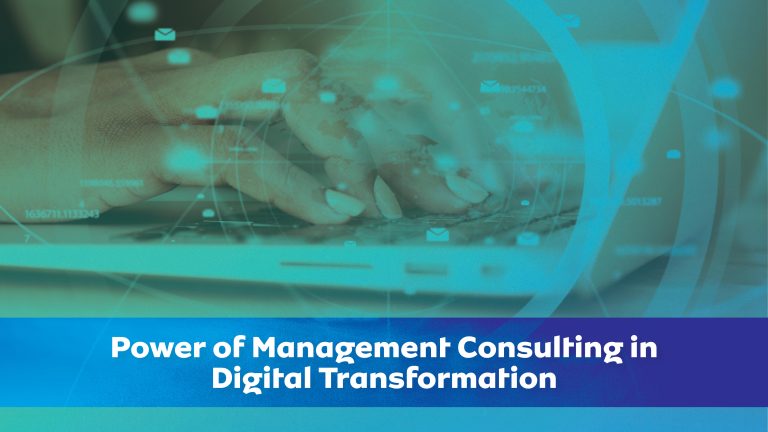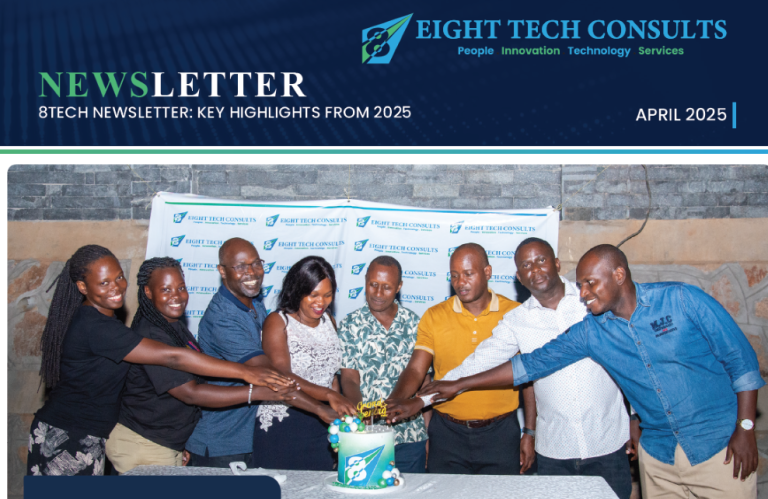In an effort to enhance the skills and capabilities of key stakeholders, we recently organized a Grant Writing and Resource Mobilization workshop for Organisations of persons with Disabilities (OPDs) in Uganda. Funded by the Government of Uganda through the Uganda Communications Commission and organized by the National Union of Persons with Disabilities (NUDIPU) and Eight Tech Consults, the workshop sought to enhance participants’ abilities in identifying funding opportunities, writing competitive proposals, and managing grants for long-term sustainability.
Understanding Resource Mobilization
Resource mobilization is critical for organizations aiming to secure financial, human, and material resources to support their missions. This process extends beyond just securing funds and includes elements such as technical support, volunteer services, and equipment. For organizations advocating for marginalized groups like persons with disabilities, resource mobilization is particularly vital to drive meaningful impact. Participants were introduced to strategies like resource diversification and donor segmentation to ensure sustained support over time.


Key Proposal Writing Techniques
One of the main goals of the workshop was to strengthen the participants’ abilities to craft winning grant proposals. The sessions, led by Dr. Drake Patrick Mirembe, Ph.D., provided practical insights into key techniques such as:
Building a Winning Team:
Successful proposals require a strong, multidisciplinary team, including visionary leaders, domain experts, and skilled proposal writers.
Opportunity Identification and Funder Mapping:
Participants learned how to identify and engage potential funders through online databases, networking events, and strategic partnerships with other organizations.
Action Thinking:
This method encourages participants to visualize their desired outcomes and align their project goals with funder expectations before drafting a proposal.
Crafting a Winning Proposal
Day two of the workshop focused on the practical aspects of writing a grant proposal, covering essential elements like budgeting, work plans, and submission processes. Dr. Mirembe emphasized the importance of aligning project budgets with donor expectations while ensuring feasibility. Participants were taught how to structure a proposal that not only presents clear objectives but also demonstrates measurable outcomes—a critical factor for securing donor support.
Key components of a successful proposal included:
- Project Goals and Results Pathway: Clear articulation of the project’s goals, methodology, and how these lead to the desired impact.
- Theory of Change: Outlining the causal steps that lead to long-term impact, ensuring that proposals are aligned with global and regional development agendas.
- Sustainability and Risk Management: Providing a detailed plan on how the project will be sustained and potential risks mitigated.
Strategic Insights on Resource Mobilization
Beyond proposal writing, the workshop emphasized that resource mobilization is a long-term strategy essential for sustaining an organization’s activities. Participants were encouraged to view resource mobilization holistically, incorporating financial, human, and material resources to support both current and future projects.
Key insights included:
- Strategic Alignment: Ensuring that both the project’s mission and the funder’s priorities align is essential for success.
- Value Proposition: Clearly articulating the value and impact of the project to both the community and the funder is a key component of a successful proposal.
- Evidence-based Results: Funders increasingly seek proposals that promise measurable outcomes backed by data.
The “Resource Mobilization and Grant Writing Workshop” provided participants with a comprehensive toolkit for securing resources and sustaining their initiatives. Through interactive sessions, hands-on exercises, and expert guidance, participants developed critical skills for writing compelling proposals, identifying funding opportunities, and building long-term resource mobilization strategies. These capabilities will be crucial for fostering greater inclusivity and driving positive change for persons with disabilities.
For more information, visit ict4personswithdisabilities.org.













